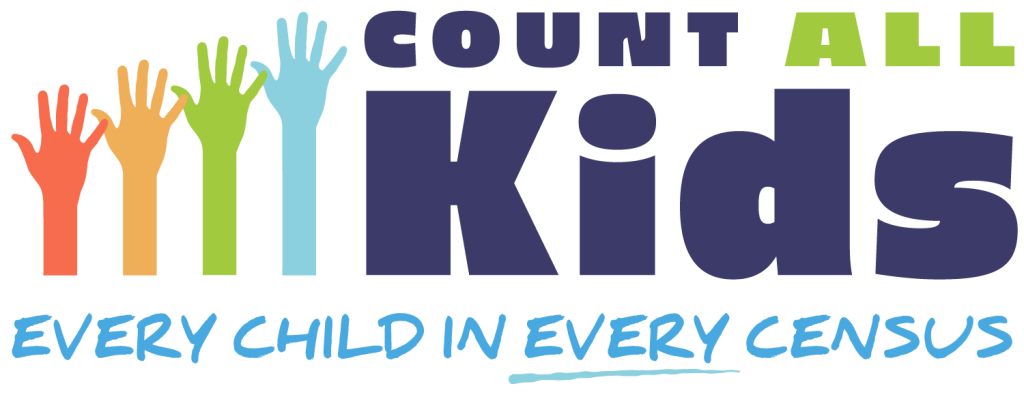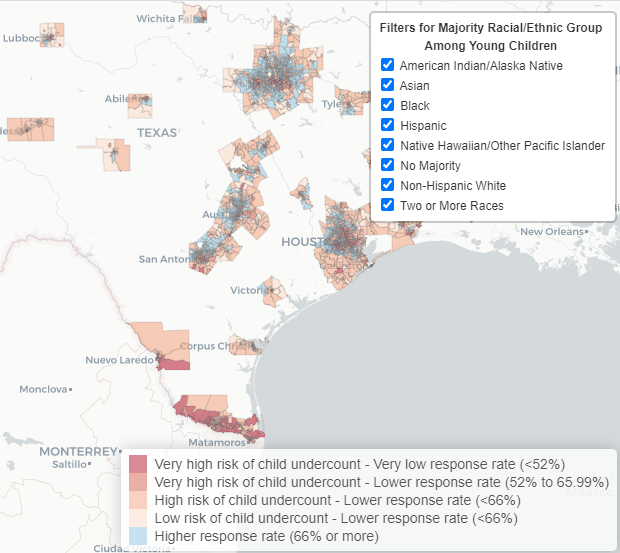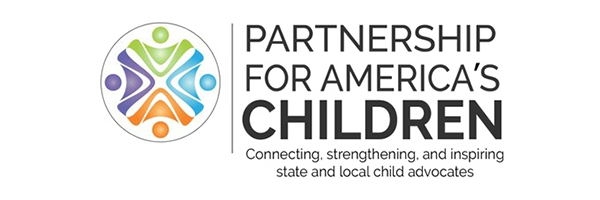Significant progress has been made in our ongoing efforts to ensure that all young children are accurately counted in the upcoming 2030 Census. Recently, the Count All Kids Campaign, supported by many advocates, submitted a series of comments advocating for improved testing strategies specifically designed to address the undercount of young children. The collective effort of those who signed these comments has been instrumental in advancing our cause. The submitted comments can be accessed here.
Key Engagements and Feedback from the Census Bureau
During a recent meeting with funders and census advocates, Census Bureau Director Robert Santos suggested a new approach for the 2026 Census Test—distributing census materials through schools, sent home with children. While this approach is a creative attempt to reach families, concerns were raised about its effectiveness. In response, a letter was sent to Director Santos, followed by the submission of the campaign’s detailed comments.
The response from Director Santos was thoughtful and comprehensive, outlining several initiatives under consideration that could positively affect the count of young children. These initiatives include:
- Use of Administrative Records: Testing the feasibility of utilizing administrative records to address within-household undercoverage of young children as part of Near Real Time Processing in the 2026 Census Test.
- Targeted Partnership Engagement: Implementing a data-driven partnership engagement strategy, informed by demographic analysis estimates on the undercoverage of young children.
- Refined Messaging Strategies: Testing new messaging approaches based on findings from the 2022 CBAMS survey and focus groups, aimed at improving outreach to historically undercounted populations (HUPs).
- Diverse Contact Strategies: Experimenting with different contact strategies to better engage historically undercounted populations.
- Ethnographic Research: Conducting ethnographic studies to explore trusted voices and communication modes that are most accessible for complex households.
Director Santos also expressed gratitude to the Count All Kids Campaign for its ongoing efforts, acknowledging the importance of the campaign’s critiques, insights, and suggestions in shaping the Census Bureau’s planning. The Director emphasized the value of continued advocacy and encouraged the campaign to persist in its work.
Continued Advocacy for Comprehensive Testing
While the Bureau’s response is appreciated, the current testing strategies still leave room for improvement. The Count All Kids Campaign will continue to advocate for more comprehensive testing and the refinement of messaging strategies to ensure that all children are accurately counted. The commitment to achieving a full count of young children remains steadfast, and efforts will continue to press for enhanced approaches.
Strengthening Relationships for Future Advocacy
In the interest of building alliances and supporting emerging leadership within the census community, a recent call was hosted with Allison Plyer, co-chair of the Census Quality Reinforcement Taskforce and former chair of the Census Scientific Advisory Committee. This call included 10 members of the new 2030 Advisory Committee and focused on discussing strategies to enhance advocacy effectiveness. The meeting was positive and productive, resulting in stronger relationships that will be instrumental in raising children’s issues in future engagements with the advisory committee.
Moving Forward
The dedication and support of all involved in this work are greatly appreciated. The progress made thus far is a testament to the collective commitment to ensuring that every child is counted in the 2026 Census Test and beyond. The Count All Kids Campaign remains focused on this critical mission, and with continued collaboration, significant strides will be made in the months ahead.
Further updates will be provided as the campaign continues its work. Thank you to all who contribute to this vital cause.








